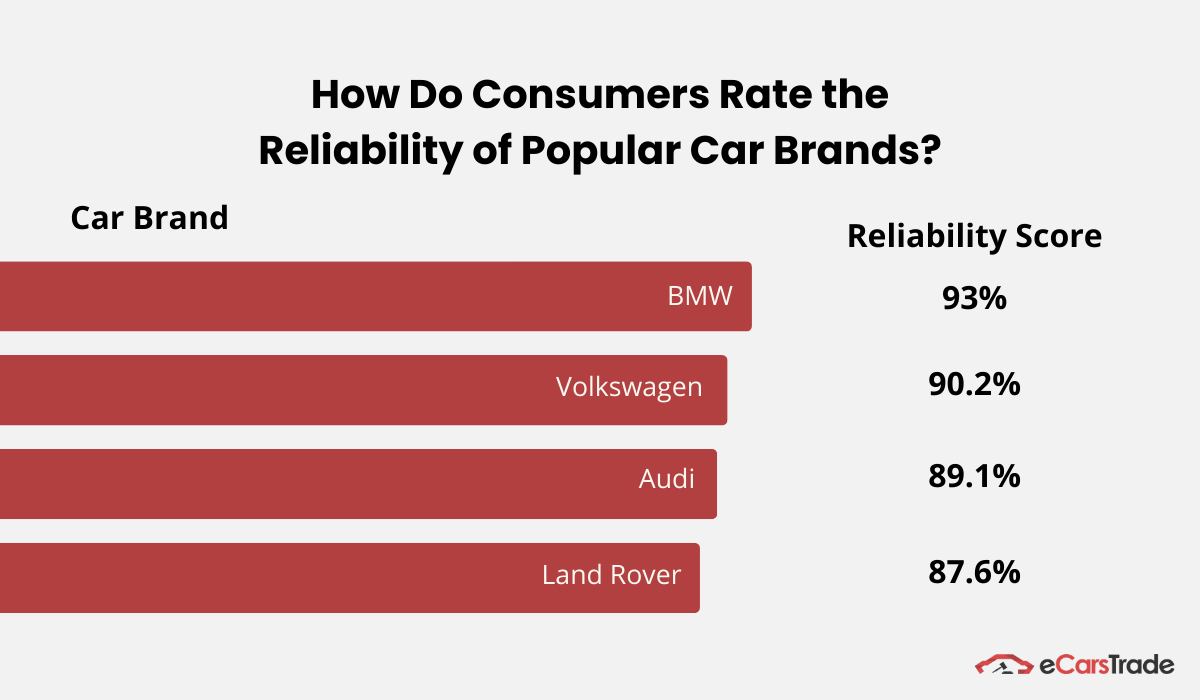Buying a car—whether new or used—is one of the biggest financial decisions you’ll ever make. And yet, many people rush into the purchase without proper research, often leading to higher costs, poor performance, or deep regret later on.
Before you sign any paperwork or commit to a dealership offer, it’s essential to understand several key points that will help you meet your needs, reduce long-term expenses, and avoid costly mistakes.
Here’s what every smart car buyer should know before making a decision.
1. Know Your Real Needs

Before you get tempted by flashy features or brand hype, take a moment to ask:
-
How many passengers will you transport regularly?
-
Do you drive mostly in the city or on highways?
-
Do you need space for luggage, equipment, or kids?
Choosing a vehicle that fits your lifestyle ensures better satisfaction and saves money on unnecessary extras.
2. Set a Realistic Budget

Don’t just think about the car’s sticker price. Consider the total cost of ownership, including:
-
Insurance
-
Fuel efficiency
-
Maintenance
-
Taxes and registration
-
Loan interest (if financing)
Tip: Keep your monthly car expenses under 15% of your monthly income for financial safety.
3. Research Vehicle Reliability and Resale Value

Not all cars age the same. Some brands hold their value longer and require fewer repairs. Check independent reviews, consumer reports, and reliability rankings before choosing a model.
4. Decide Between New vs. Used

-
New cars come with full warranties and the latest tech but lose value quickly due to depreciation.
-
Used cars cost less and offer better value but may come with wear and hidden issues.
Always request a vehicle history report (Carfax, AutoCheck) for used cars.
5. Explore Financing Options

Don’t rely only on dealer financing. Compare loan offers from banks, credit unions, and online lenders. Look at:
-
Interest rates
-
Loan terms
-
Down payment requirements
6. Compare Engine Types: Petrol, Diesel, Hybrid, or Electric

Each fuel type has pros and cons depending on your usage and location:
-
Petrol – Lower cost, good for short trips
-
Diesel – Great for long-distance and towing
-
Hybrid – Combines electric and fuel savings
-
Electric – Zero emissions, lower running costs
7. Test Drive and Inspect Thoroughly
Don’t skip the test drive—it’s your chance to check:
-
Comfort and visibility
-
Acceleration, braking, and handling
-
Noise levels and ride quality
For used cars, bring a mechanic or request a third-party inspection.
8. Understand Warranty Coverage

New cars often come with manufacturer warranties (3–5 years), while used cars may come with limited or no coverage. Ask about:
-
What is covered
-
What isn’t
-
Can the warranty be extended?
9. Check Insurance Costs Before You Buy

Insurance costs vary greatly by model. Sporty cars or luxury vehicles can be much more expensive to insure. Use comparison tools or contact your insurer for quotes before buying.
10. Watch Out for Hidden Fees

When buying from a dealer, ask for a clear breakdown of:
-
Documentation fees
-
Dealer prep fees
-
Delivery charges
-
Optional add-ons
Negotiate or remove unnecessary extras to reduce your final price.
Final Thoughts
Buying a car should never be a rushed decision. By understanding your needs, doing research, and comparing all your options, you’ll make a choice that saves money, meets your lifestyle, and avoids future regrets.




